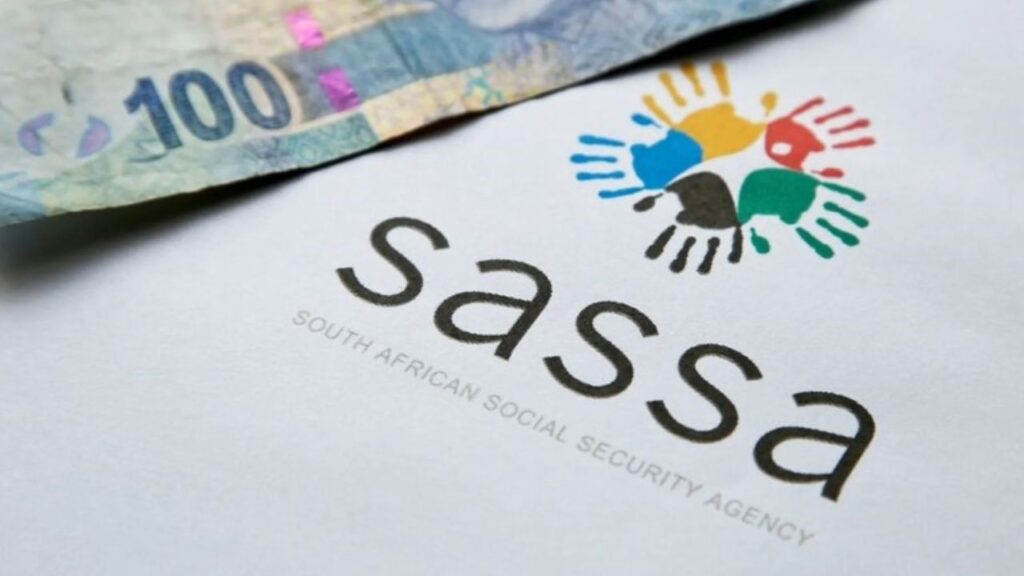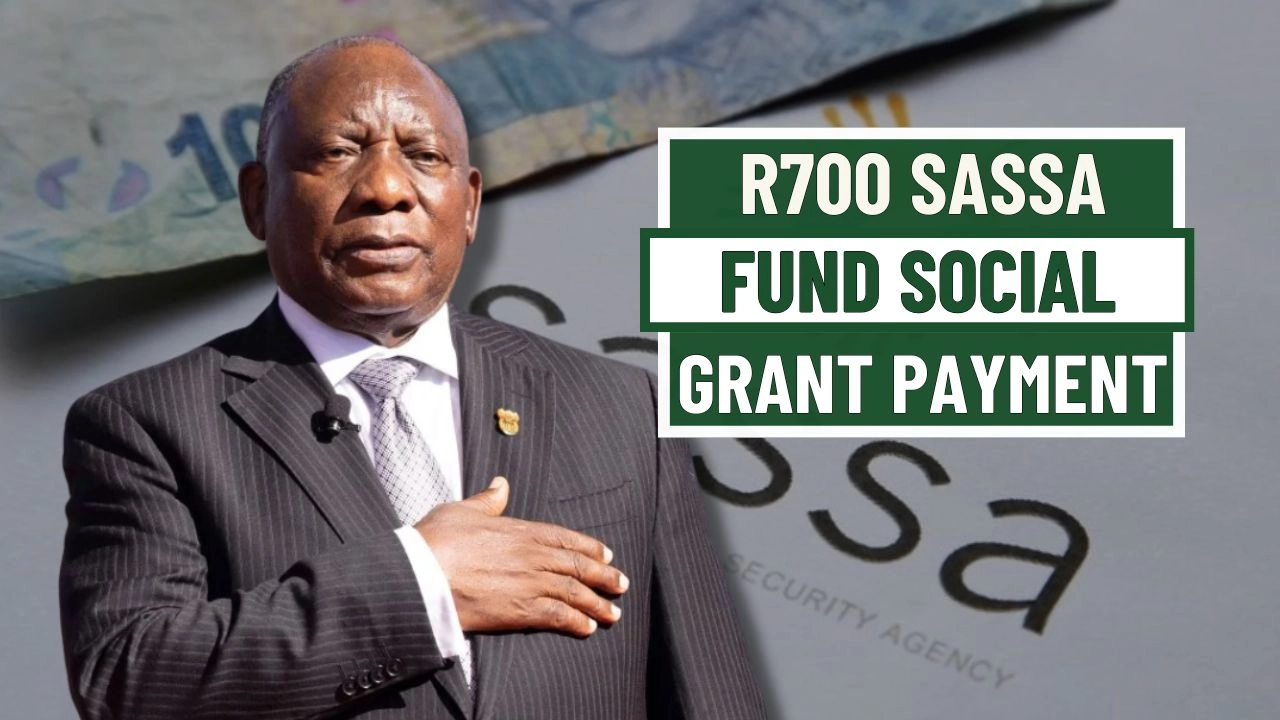As economic pressure continues to mount due to inflation, job scarcity, and general cost-of-living increases, the R700 SASSA Social Grant remains a vital resource for struggling South Africans. This grant, facilitated by the South African Social Security Agency (SASSA), offers monthly financial assistance to eligible individuals facing unemployment or economic hardship. In 2025, access to this support remains more crucial than ever, and knowing how to apply, track, and manage your grant is essential.
Understanding the Purpose of the R700 Grant Initiative
The R700 payment scheme is designed as a temporary or special assistance measure aimed at helping those who fall outside the scope of regular social grants. While permanent grants like those for the elderly, disabled, or children serve different long-term needs, the R700 amount typically addresses short-term crises or transitional financial instability. It acts as a cushion for recipients navigating difficult circumstances, helping them to manage basic living expenses during uncertain times.
Who Benefits from the Monthly R700 Assistance?
This fund is targeted at individuals with little or no income, including unemployed citizens and those unable to secure stable work. It can also serve people who may be waiting for the approval of other forms of social assistance or are temporarily ineligible for more comprehensive aid. Though the amount may appear small, its role in easing daily living pressures is significant for households living at or below the poverty line.
Staying Informed: How to Check Your SASSA Application Status

Once an application has been submitted, applicants can easily follow up on its progress using the SASSA SRD status check tool. This portal allows users to input their South African ID number and phone number to view the current status of their application. Whether approved, pending, or declined, the system offers clarity on what stage the application is in. For those who receive a rejection, SASSA outlines the reasons and offers an appeals process, giving applicants a chance to resolve issues and requalify.
Regular Payments and What to Expect Each Month in 2025
Beneficiaries of the R700 grant receive their payments once a month through a method of their choice. This may include a direct deposit into a bank account, use of a SASSA card, or collection through retail chains like Pick n Pay and Shoprite. The 2025 payment cycle typically sees disbursements in the first or second week of every month. However, national holidays or weekends can cause minor delays, which is why beneficiaries are encouraged to check the updated payment calendar via SASSA’s official platforms.
Troubleshooting Payment Issues Without Delay
If a payment does not arrive as expected, beneficiaries are advised to review their application status and verify their bank account information. Often, delays are due to inconsistencies in personal or banking details, system maintenance, or pending verifications. In such cases, reaching out to the nearest SASSA branch or using the national call center can help resolve the issue promptly. Being proactive can prevent prolonged gaps in support and reduce stress on already vulnerable households.
The Broader Impact of Consistent Monthly Support
While R700 might not seem like a large sum, it makes a substantial difference for those with limited income. Many families rely on this grant to cover essential costs such as food, electricity, transport, and school-related expenses. The fund represents more than just a deposit—it symbolizes dignity, survival, and a small measure of economic independence for recipients who might otherwise fall through the cracks of society.
Looking Ahead: Building a Foundation Through Temporary Aid
The long-term goal of the R700 SASSA initiative is to support citizens until they regain financial stability. Whether by transitioning into employment or becoming eligible for other forms of support, the monthly payment provides a stepping stone to a more secure future. As part of South Africa’s broader social protection framework, this grant demonstrates the government’s ongoing commitment to social justice and economic resilience.


